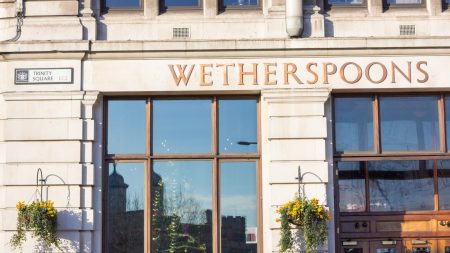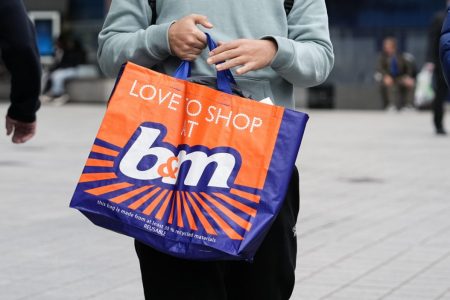G-A-Y Bar, a cornerstone of London’s LGBTQ+ nightlife scene for half a century, is closing its doors, marking the end of an era. Owner Jeremy Joseph cites a “lost vibrancy” in Soho, compounded by stringent licensing restrictions and a challenging economic climate, as the primary reasons behind the decision. He criticizes Westminster City Council, the Metropolitan Police, and local residents’ groups for their resistance to measures that could support the nightlife industry, such as extended licensing hours, arguing that their actions have contributed to the decline of Soho’s energetic atmosphere. This closure follows the temporary closure of Joseph’s other venue, Heaven Nightclub, after a serious incident involving a bouncer, further exacerbating the financial and emotional strain.
Joseph’s frustration stems from what he perceives as a lack of understanding and support for the hospitality sector, particularly LGBTQ+ venues. He describes a “constant uphill battle” against bureaucratic obstacles and community opposition, intensified by the cost of living crisis that has impacted businesses across the UK. Even after Heaven’s reopening, the financial and mental toll proved insurmountable, leading to the difficult decision to sell G-A-Y Bar. This isn’t Joseph’s first experience with venue closure; G-A-Y Late also shuttered in late 2023 after he deemed it a “losing battle” against the same forces.
The G-A-Y Bar closure highlights the broader challenges facing the UK’s hospitality industry, with soaring energy bills, inflation, and changing consumer spending habits impacting businesses’ viability. Numerous chains, including well-known names like Wetherspoons and Frankie & Benny’s, have closed branches, while others, such as Byron Burger and Papa Johns, have undertaken major restructuring or closures due to financial pressures. The cumulative effect of these challenges poses a significant threat to the survival of many pubs, restaurants, and bars across the country.
Joseph’s attempt to extend G-A-Y Bar’s operating hours to 3 a.m. was abandoned due to anticipated objections from the Soho Society, police licensing, and environmental health officers. He felt further pursuit would be futile given the consistent opposition he faced. The three-story venue, with its diverse offerings from casual bar spaces to a high-energy nightclub, is now on the market. The listing emphasizes the venue’s versatility, highlighting the stylish ground-floor bar, the club-ready basement, and the more relaxed first-floor area, in addition to a residential apartment on the top floor.
While the Metropolitan Police emphasizes its collaborative approach with venues, residents, and partners to address nighttime safety concerns, Joseph’s experience points to a disconnect between the regulatory environment and the needs of the hospitality sector. The police maintain their commitment to working with all venues, including G-A-Y Bar’s successor, to improve safety in Westminster, yet the closure highlights the perceived difficulties faced by businesses navigating licensing and community concerns. This tension underlines the broader challenges facing the industry in balancing the needs of businesses, residents, and public safety.
The G-A-Y Bar closure serves as a stark reminder of the precarious state of the hospitality sector in the UK. While the pandemic’s impact continues to reverberate, escalating costs and changing consumer behavior further compound the challenges. The struggles faced by both independent venues and large chains underscore the systemic issues threatening the vibrancy of the nightlife and dining landscape. As businesses grapple with these pressures, the long-term consequences for the sector remain uncertain, with the potential for further closures and job losses looming large. The future of entertainment and hospitality in areas like Soho, and indeed across the country, hangs in the balance. The story of G-A-Y Bar’s closure is a cautionary tale, highlighting the need for a more supportive and understanding environment for the industry to thrive.











